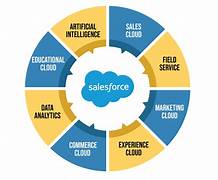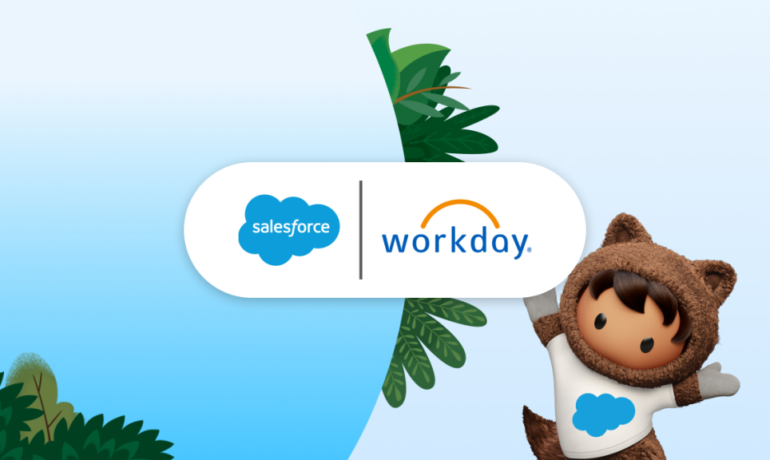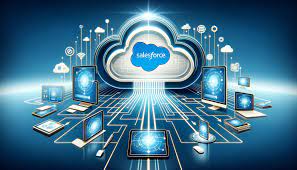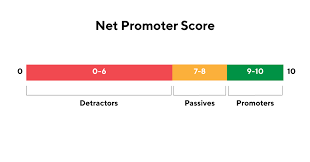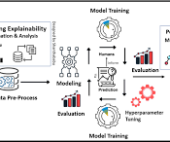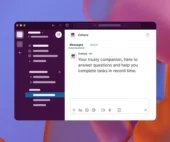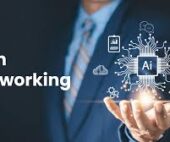Salesforce Climbs on Back of AI
Shares of Salesforce (CRM.N) climbed approximately 4% on Thursday as investors responded positively to the customer relationship management software maker’s strong quarterly performance and its strategic focus on artificial intelligence to fuel growth. Salesforce has been making significant investments to integrate AI technologies into its existing products, including its messaging platform Slack, to enhance functionality

